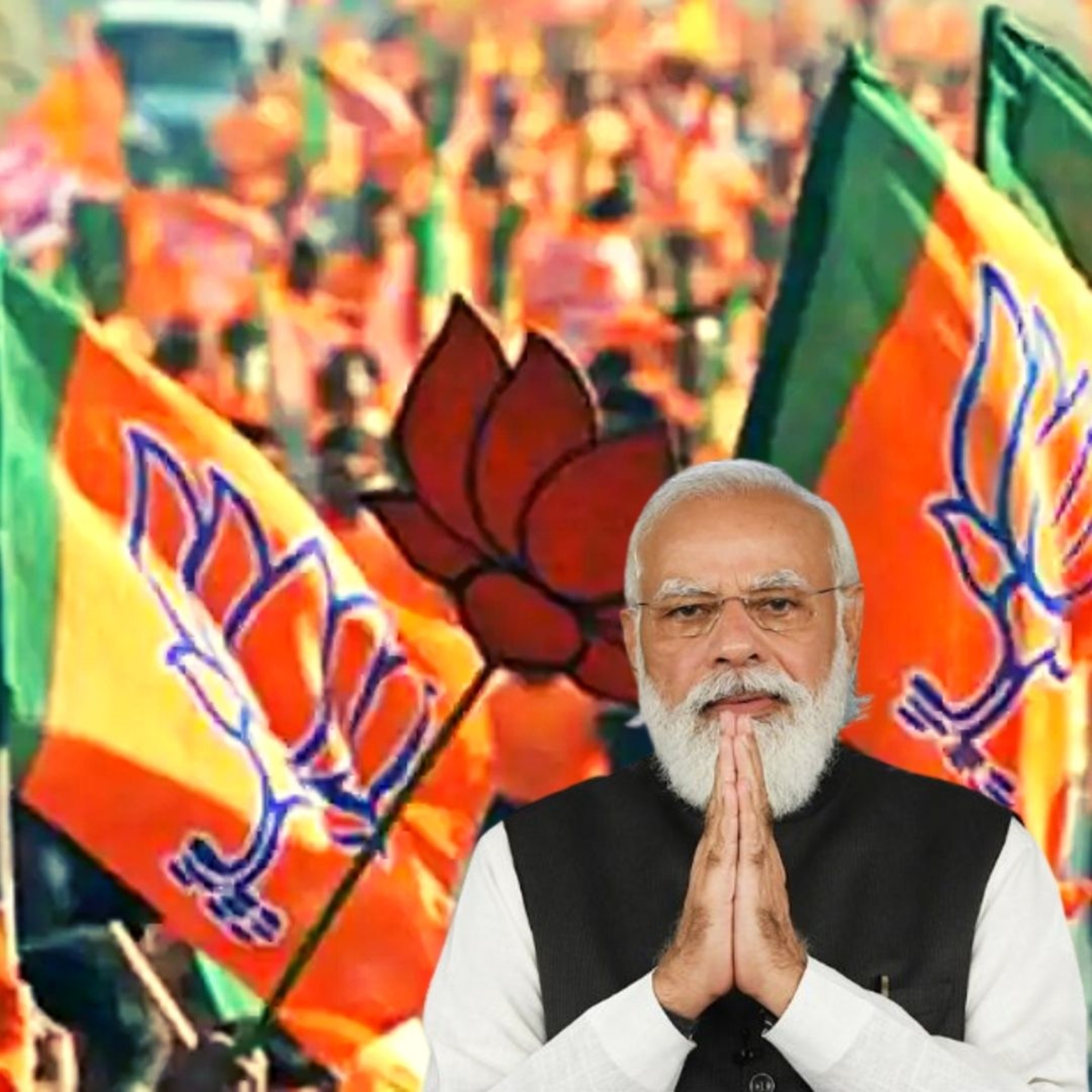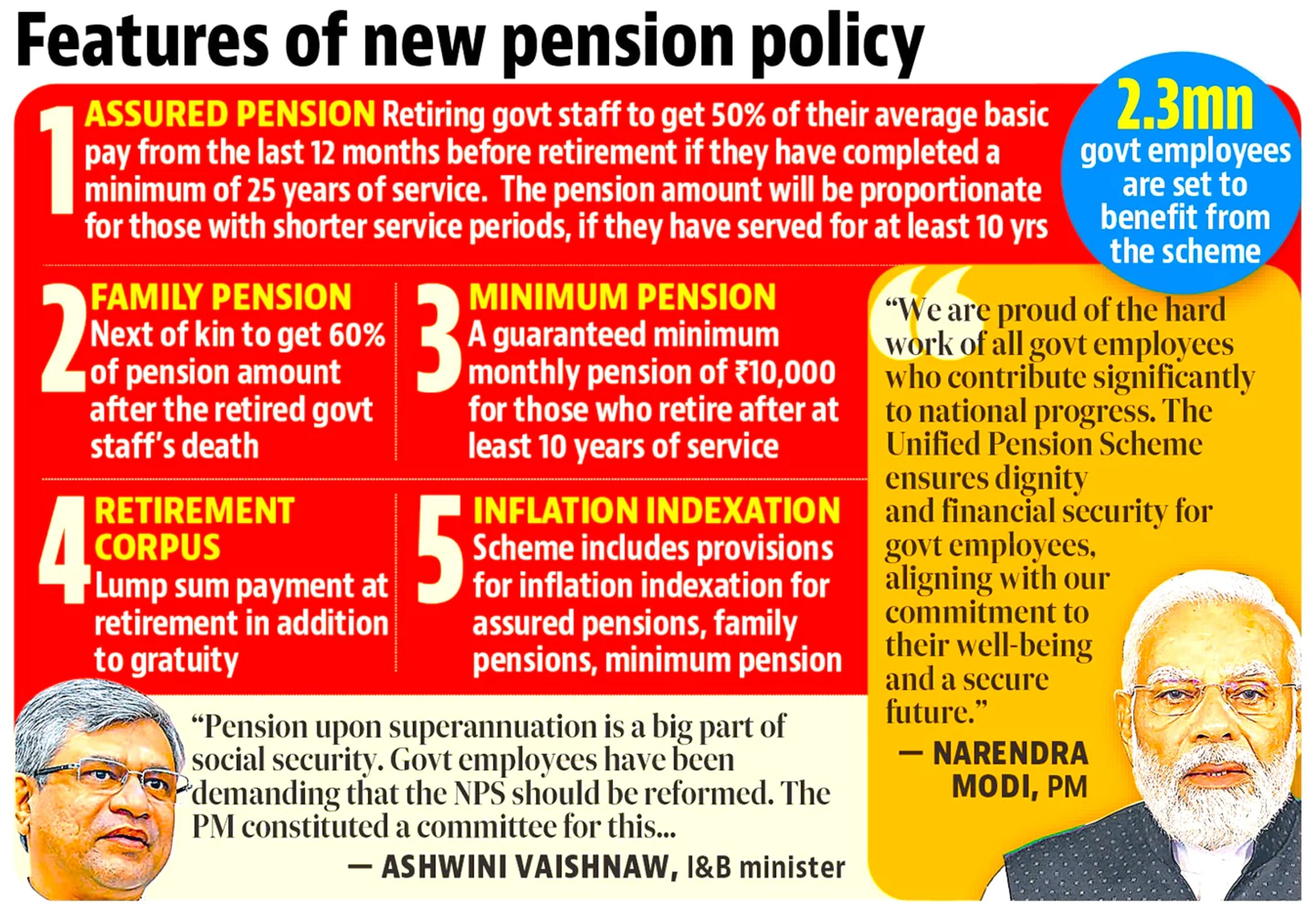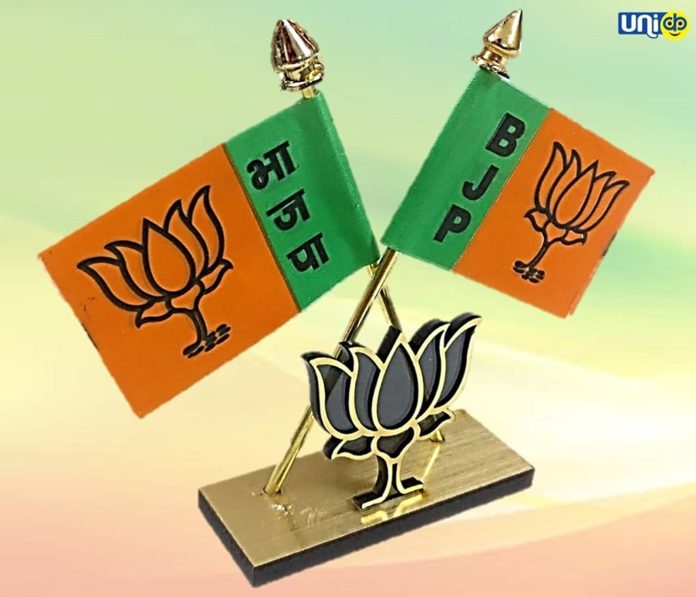- For a long time, the Bharatiya Janata Party would have us believe that it is not only a party with a difference but also does not shy away from wearing nationalism on its sleeve more prominently professing nationalistic fervour as compared to other parties. Embracing this aspect worked favourably for the saffron brigade when it first assumed power at the Centre in 2014 and was served well in the second term too. However, the nationalistic approach appears to have run its course going by the loss of majority on its own in the recently concluded Parliamentary elections. The dependency on the allies to shore up the majority numbers means the BJP will be restricted to pushing ahead with the stated agenda since the coalition compulsions will dictate moves.

PC: The Logical Indian
- Based on the events of the last couple of months, the era of coalition politics has begun to make its presence felt on more than one occasion. Not only the coalition pressure, but even some of the decisions and subsequent rollbacks indicate the BJP government is functioning with an eye on voter-pleasing. This is a sure-shot recipe for disaster and spells bad tidings for India’s future. The Centre’s decision to approve an assured pension for 2.3mn central govt employees represents a middle ground between the New Pension System and the Old Pension Scheme, which was fiscally unsustainable. While the Unified Pension Scheme may not be a drain on the exchequer, yet – it will cost Rs.6,250cr in the first year but expect to shoot up more in the coming years for sure.
- Further, the government’s move ahead of crucial state elections represents the pressure felt by the political class, whether it is governing coalition of opposition, as regards their poll prospects, the signs are obvious. Days earlier, the Centre had withdrawn an order seeking lateral entry of as few as 45 professionals, after an outcry from the opposition and a few of its allies. The mixed results of the Lok Sabha elections made evident discontent felt by the electorate. This means expedient and populist measures are likely to influence more and more policy decisions at the Centre and in states. This poses the danger of fundamental issues of political economy getting the short shrift. This spells trouble for an aspirational society like India aiming big economically.
 PC: Only IAS
PC: Only IAS
India may be the fastest-growing economy in the world, but this growth isn’t fast enough if it is to realize its goal of being developed by 2047. For that, we need structural reforms in areas like land and labor, among other things. The problem is such reforms entail a political risk that populism-driven agendas don’t allow for. For instance, four labour codes passed by Parliament in 2019-2020, meant to reform India’s job market, will become harder to implement in such a climate. Same for the privatization of govt enterprises, which has moved slowly anyway. India, with its young population, has a window of about a couple of decades to reach developed nation status. But must move to the high-income bracket sooner than later. Politics will make it challenging.






